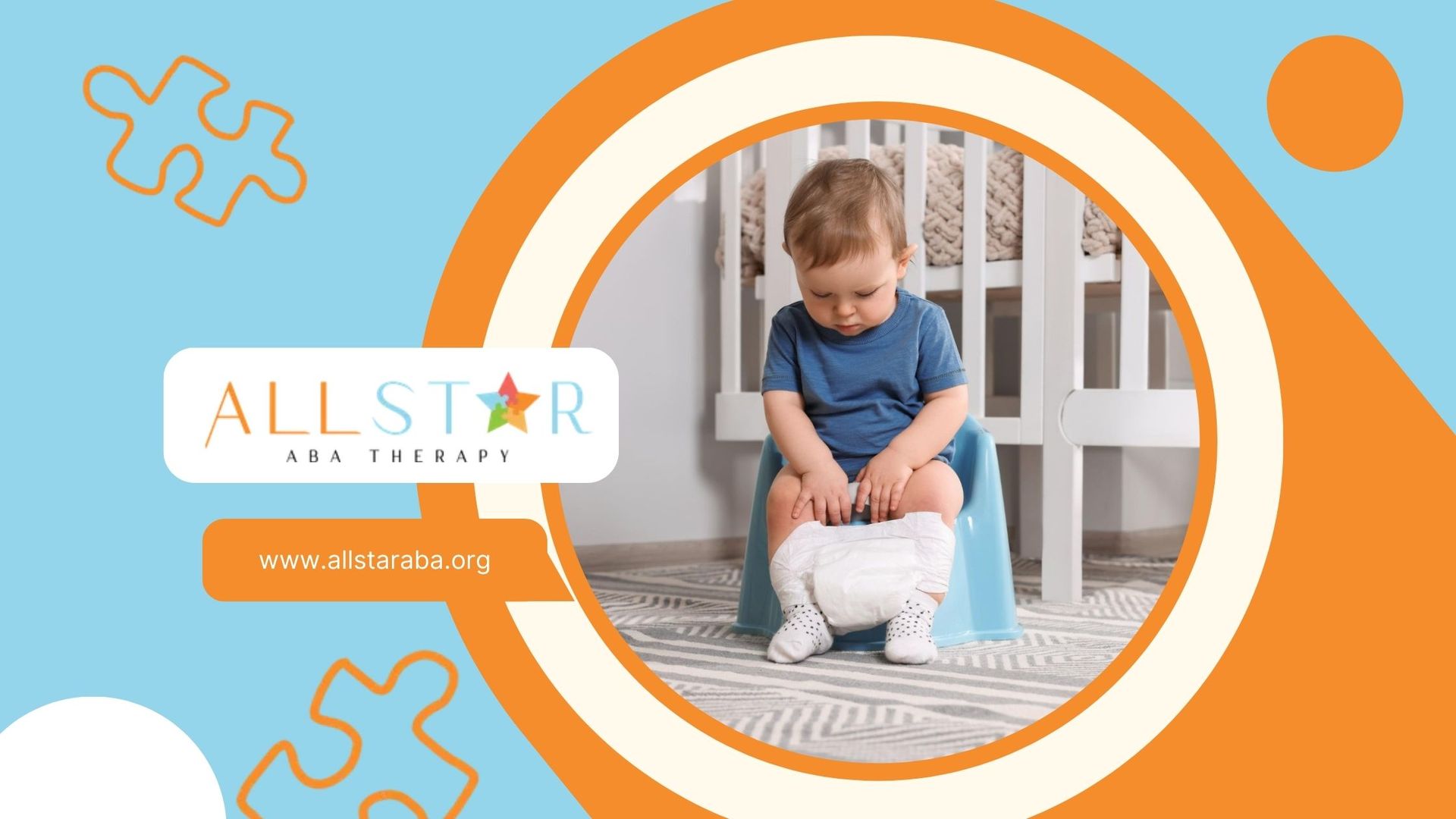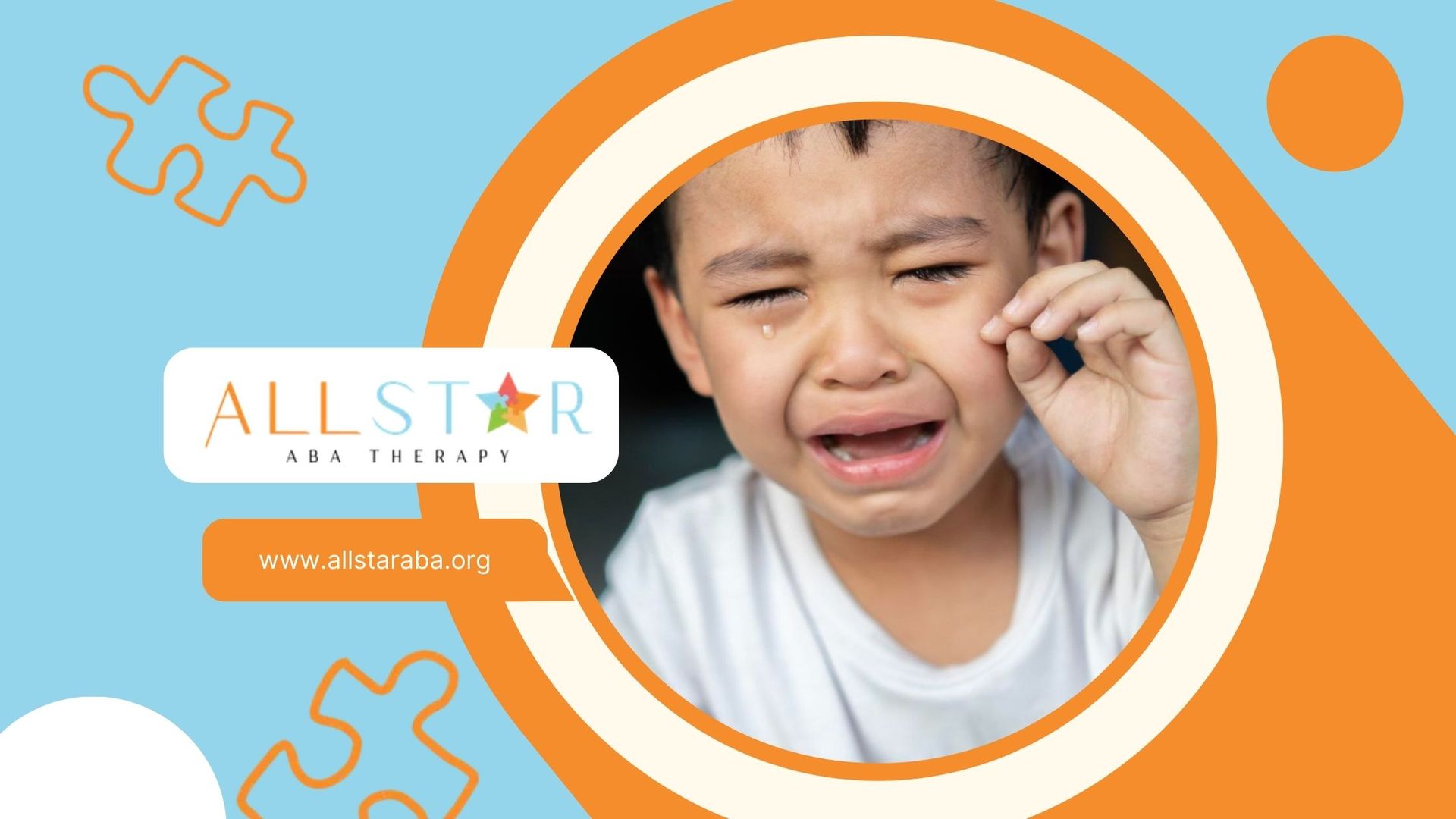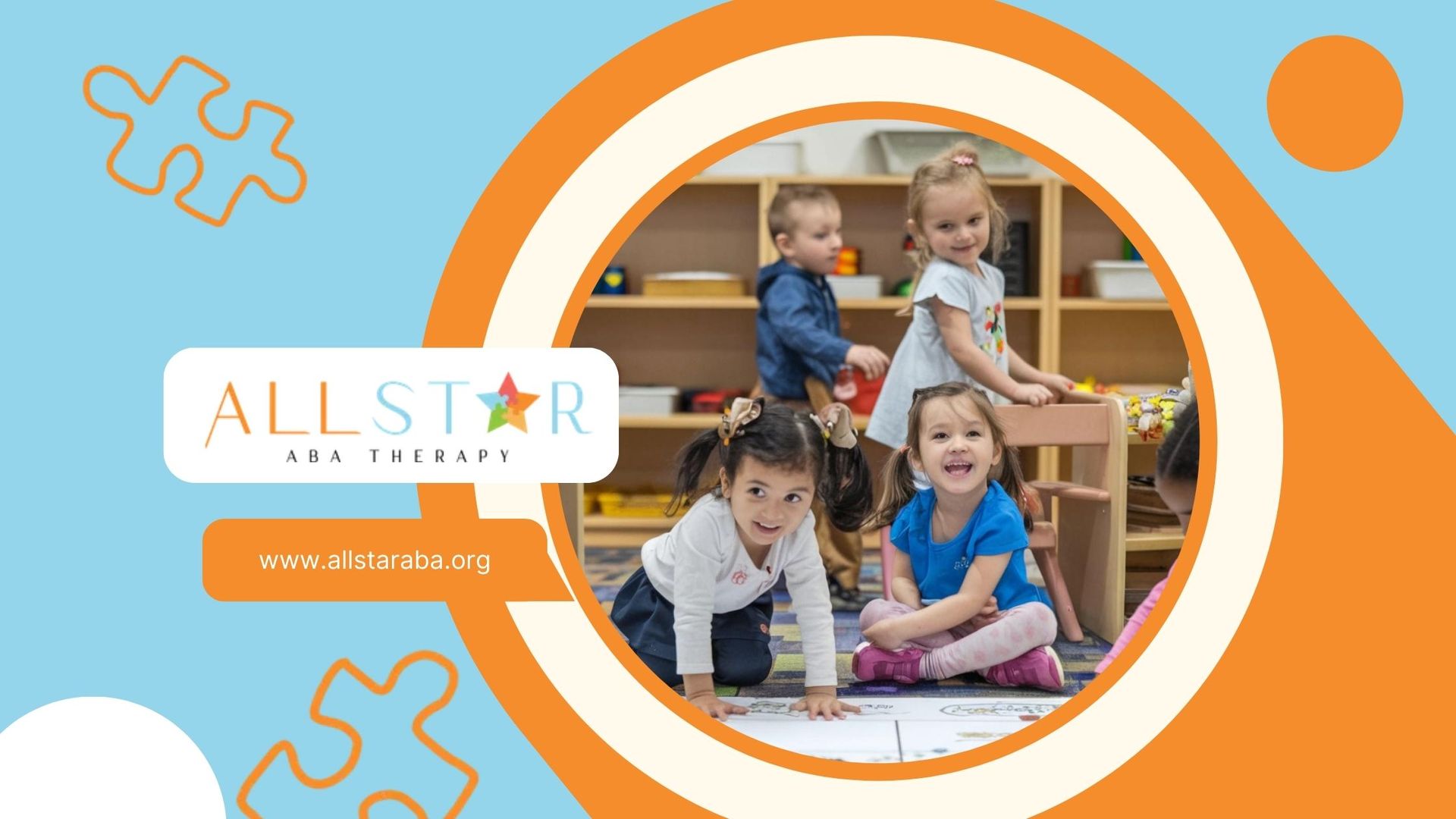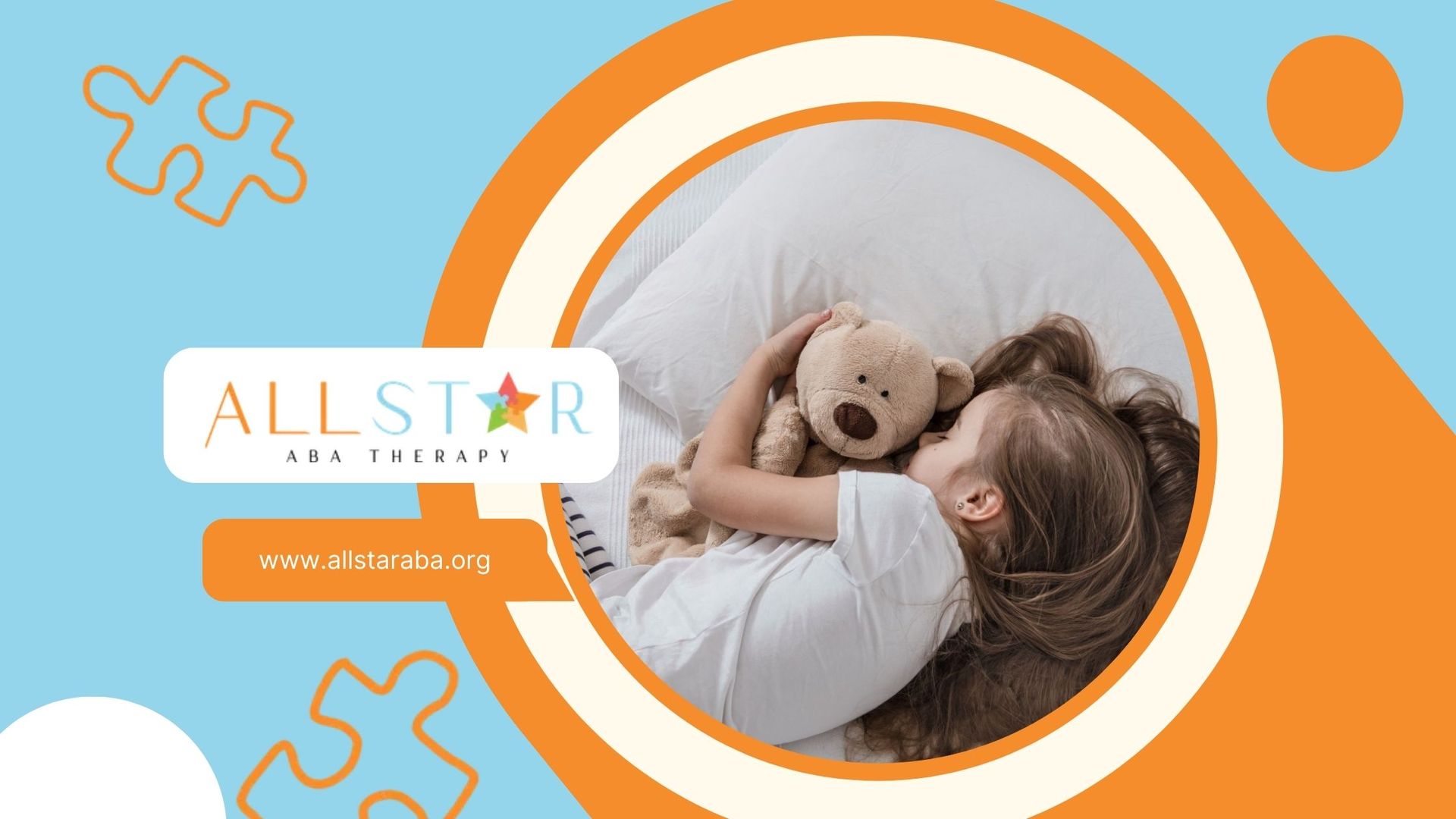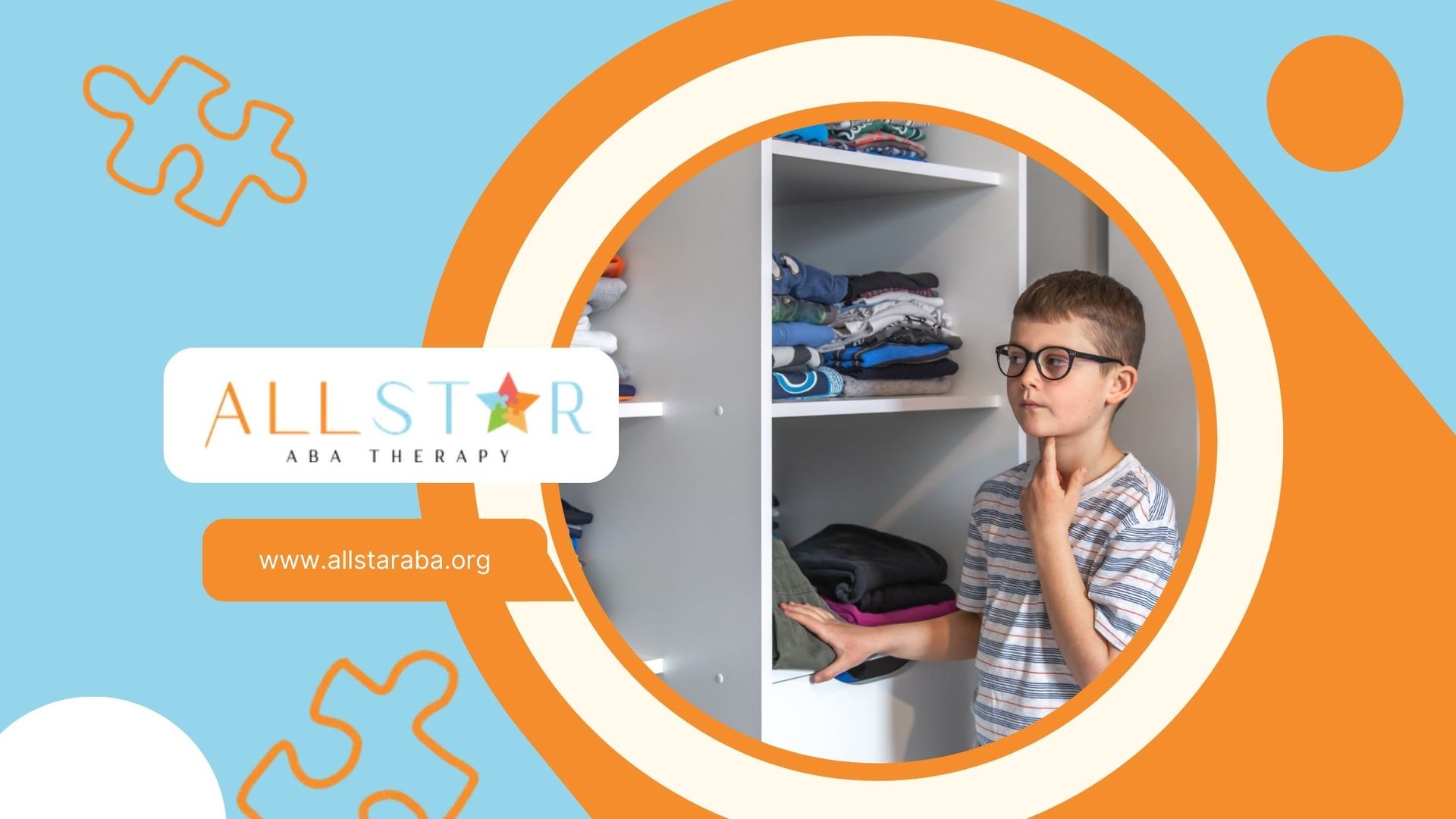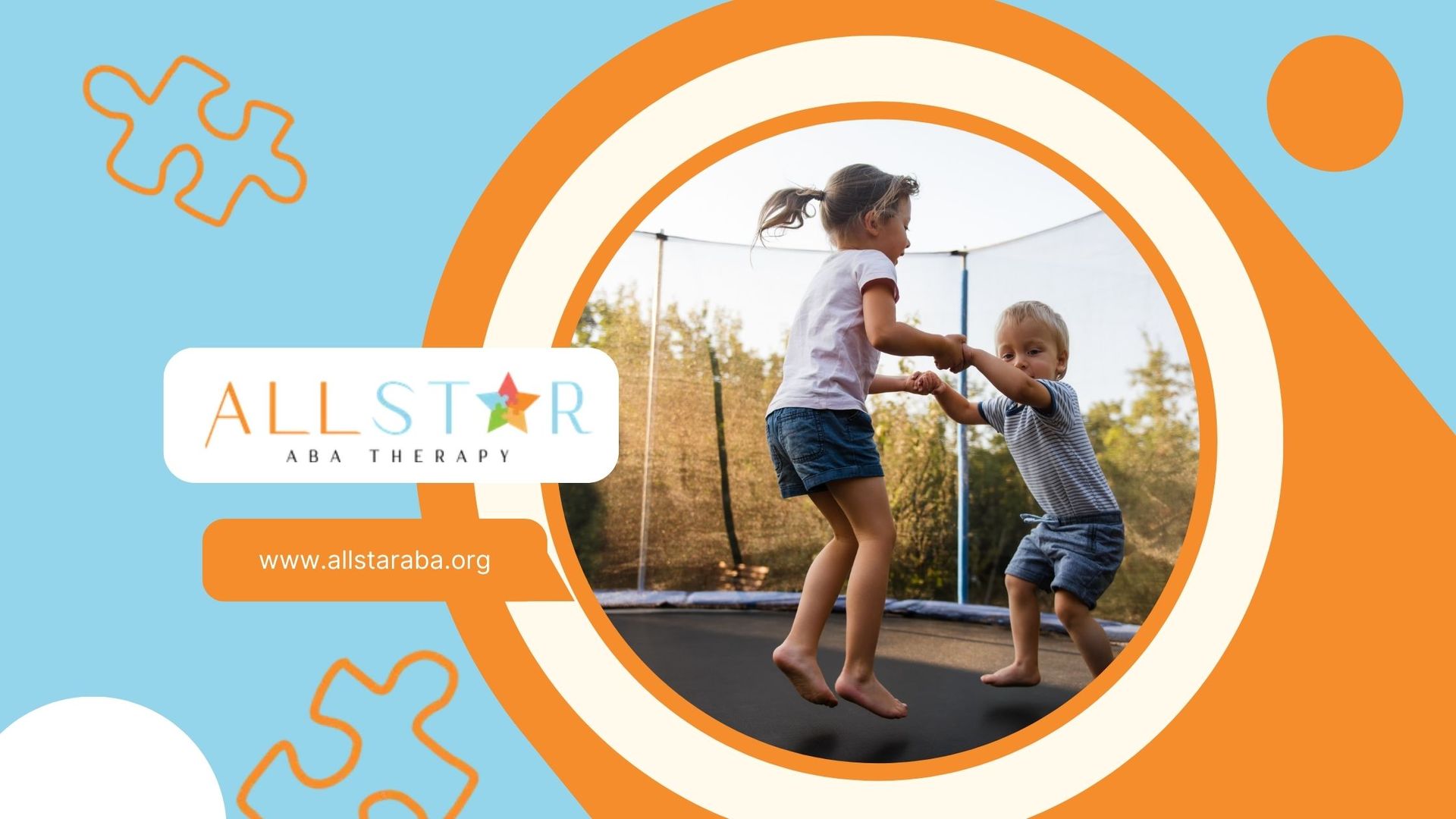New Paragraph
Creating Connections: Outdoor Activities Tailored for Autistic Adults
Engaging Outdoor Activities
Engaging in outdoor activities can be especially beneficial for autistic adults, providing opportunities for social connections and enhancing communication skills.
Social Connection Opportunities
Participating in inclusive outdoor activities allows autistic individuals to forge social connections in a structured and supportive environment. Activities such as unified basketball and adaptive soccer not only promote teamwork but also help participants practice vital social skills like turn-taking, listening, and expressing thoughts clearly. Team sports create a sense of belonging and camaraderie, which is essential for social development.
Other options like sensory-friendly nature walks and cycling cater to individual preferences, fostering interaction without overwhelming sensory input. These experiences can significantly enhance social interactions, as autistic individuals often thrive in environments tailored to their comfort, enabling them to form connections with peers and expand their social networks.
| Activity Type | Benefits |
|---|---|
| Unified Basketball | Teamwork, listening, expressive communication |
| Adaptive Soccer | Social interaction, turn-taking |
| Sensory-Friendly Nature Walks | Individual comfort, casual interaction |
| Cycling | Physical activity, social engagement |
Communication Skill Development
Outdoor activities not only assist in social connection but also foster the development of communication skills. Programs designed for autistic individuals have shown significant improvements in these areas. Activities like horseback riding, group play, and exergaming (using systems like Nintendo Wii) have been noted for their ability to enhance both social and communication skills.
Engagement in recreational activities provides a unique opportunity for autistic adults to practice verbal and non-verbal communication within a relaxed setting. The consistent interaction with peers during these activities can boost confidence in expressing thoughts and feelings.
| Activity | Communication Skill Enhancement |
|---|---|
| Horseback Riding | Expressing feelings, following instructions |
| Group Play | Sharing ideas, turn-taking in conversation |
| Exergaming | Verbal exchange during play, teamwork |
Overall, participating in outdoor activities promotes both social connections and communication skills for autistic adults, helping them lead more fulfilling and engaged lives. For more ideas on fun activities for autistic adults, visit our section on activities for autistic adults.
Health Benefits of Outdoor Activities
Engaging in outdoor activities can provide numerous benefits for autistic adults. These benefits extend beyond physical fitness, positively impacting mental well-being and fostering independence.
Mental Well-being Boost
Outdoor physical activities are known to enhance mental health by promoting the release of endorphins. For autistic individuals, this release helps reduce anxiety, elevate mood, and boost self-esteem. This natural uplift generates a positive feedback loop where physical activity is linked to happiness and overall mental wellness.
| Benefit | Impact on Mental Well-being |
|---|---|
| Endorphin Release | Reduces anxiety and fosters a positive mood |
| Enhanced Self-Esteem | Boosts confidence and emotional resilience |
| Stress Reduction | Lowers perceived stress levels |
Furthermore, participation in recreational activities can help buffer the perceived stress experienced by autistic adults, as indicated by a study involving 60 individuals aged 24-55 and their mothers. Greater engagement in outdoor exercises can mitigate negative impacts of stress, leading to an improved quality of life.
Confidence and Independence
Participating in outdoor activities can significantly contribute to the development of confidence and independence in autistic adults. Through learning new skills and overcoming challenges, individuals gain a sense of accomplishment that extends to various aspects of their lives. Fostering independence and self-efficacy enhances belief in their capabilities, promoting a more positive outlook.
| Benefit | Impact on Confidence and Independence |
|---|---|
| Skill Development | Encourages learning and personal growth |
| Sense of Accomplishment | Builds self-confidence in various life domains |
| Independence | Empowers autonomy and decision-making abilities |
In summary, incorporating outdoor activities into the lives of autistic adults not only boosts mental well-being but also enhances their confidence and independence. Families seeking to engage their loved ones can explore various activities for autistic adults that cater to individual preferences while encouraging social interactions and skill development.
Physical Activity Programs for Autistic Adults
Physical activity programs tailored for autistic adults are essential for fostering not only physical health but also social skills and personal development. Engaging in outdoor activities helps improve both social and communication skills while enhancing strength and endurance.
Improving Social and Communication Skills
Programs designed for individuals with autism, such as group play and team sports, can lead to significant improvements in social interactions and communication abilities. Activities like horseback riding, running groups, and exergaming (like Nintendo Wii) provide structured environments where participants can engage with peers and develop these skills.
| Activity Type | Social Skill Benefits |
|---|---|
| Horseback Riding | Builds trust and non-verbal communication with horses and peers |
| Group Play | Enhances cooperation and teamwork |
| Running Programs | Provides opportunities for conversation and socialization during practices and events |
| Exergaming | Encourages interaction through gaming |
These interactions help individuals learn how to express themselves and understand social cues better, promoting confidence in social settings.
Enhancing Strength and Endurance
Engagement in physical activities has been shown to significantly improve muscular strength and endurance in autistic individuals. Programs, such as exergaming, aquatic exercise, and horseback riding, are effective in addressing the common tendency for lower strength and endurance in this population.
| Activity Type | Strength & Endurance Benefits |
|---|---|
| Exergaming | Improves cardiovascular fitness and muscle strength |
| Aquatic Exercise | Builds endurance while being low-impact, reducing injury risk |
| Horseback Riding | Strengthens core and leg muscles while improving balance |
These physical activities foster independence as individuals learn new skills and overcome challenges, enhancing their belief in their capabilities and fostering a sense of accomplishment. Encouraging engagement in outdoor recreational activities is beneficial for improving not only physical health but also overall well-being and confidence. For more ideas, explore various activities for autistic adults that can be adapted to individual needs.
Skill-Related Fitness Enhancements
Engaging in outdoor activities can significantly improve skill-related fitness for autistic adults. Two crucial areas of enhancement are balance and coordination improvement along with motor skill development.
Balance and Coordination Improvement
Balance and coordination are essential components of physical fitness and play a significant role in daily activities. Various outdoor activities have proven effective in enhancing these skills among autistic adults. Activities such as trampoline jumping, horseback riding, and even simple balance exercises can provide substantial benefits.
| Activity Type | Benefits |
|---|---|
| Trampoline Jumping | Improves balance, coordination |
| Horseback Riding | Enhances core strength, stability |
| Balance Exercises | Strengthens motor control |
By incorporating these activities into a routine, individuals can experience not only physical benefits but also enhance their confidence during physical engagement.
Motor Skill Development
Motor skill development is vital for autistic adults, as it contributes to their overall independence and social opportunities. Engaging in physical activities such as running, throwing, and catching has shown to significantly enhance fundamental motor skills.
Involving autistic adults in structured outdoor games can be particularly effective. These activities encourage teamwork and interaction while simultaneously improving motor skills.
| Skill Type | Activities |
|---|---|
| Running | Obstacle courses, group runs |
| Throwing | Ball games, target practice |
| Catching | Frisbee, catch games |
Including outdoor activities within their lifestyle can greatly assist individuals in developing these essential skills while providing enjoyable and social experiences. For more information on beneficial activities, check out our content on activities for autistic adults, and explore different hobbies for autistic adults that can further enhance these skills.
Encouraging Physical Activity
Encouraging physical activity among autistic adults not only enhances their overall well-being but also fosters social engagement and skill development. Two critical areas to focus on are setting achievable goals and building motor skills.
Setting Achievable Goals
Establishing realistic and attainable goals is essential for supporting autistic adults in developing a routine of physical activity. Starting small can make a significant impact. Goals should be tailored to the individual's abilities and gradually increase in complexity and duration. For example, a starting goal may involve walking for 10 minutes a day and then aiming to increase this time to 20 minutes over several weeks.
| Goal Type | Initial Goal | Progression |
|---|---|---|
| Walking | 10 minutes | Increase to 20 minutes over 4 weeks |
| Trampoline Jumping | 5 minutes | Increase to 10 minutes over 3 weeks |
| Throwing Practice | 10 throws | Increase to 20 throws over 2 weeks |
Consistently achieving these goals fosters a sense of accomplishment, building confidence and self-efficacy in individuals. As they succeed, they may feel more motivated to take on new challenges, thereby promoting a can-do attitude that can positively spill over into other life areas.
Building Motor Skills
Physical activities play a crucial role in enhancing motor skills for autistic adults. Engaging in various activities, such as horseback riding, trampoline jumping, and motor skill training, can improve fundamental skills like balance, coordination, and mobility. These skills are essential not only for physical fitness but also for enabling participation in social outings and community activities.
| Activity | Skill Development Focus |
|---|---|
| Horseback Riding | Balance and coordination |
| Trampoline Jumping | Visual-motor control and endurance |
| Motor Skill Training | Running, throwing, and catching |
By incorporating enjoyable activities, autistic adults can develop their motor skills in a supportive and engaging environment. Regular physical engagement contributes to overall fitness while also creating opportunities to connect with others and build friendships.
For additional ideas on activities, visit our page on activities for autistic adults and explore even more ways to promote active lifestyles through engaging and fun approaches.
Community Programs and Support
Accessing outdoor activities and fostering leadership skills can significantly benefit autistic adults. Community programs are essential in bridging the gap between individuals and outdoor experiences, creating a sense of belonging while enhancing personal growth.
Connecting to Outdoor Spaces
Community programs play a crucial role in connecting autistic adults to outdoor environments. Organizations such as ConcreteSafaris focus on outdoor education, providing opportunities for exploration and engagement. By participating in structured activities, individuals can learn about nature, enhance their social connections, and enjoy the therapeutic benefits of the outdoors.
Here are some key aspects of community programs that connect autistic adults to outdoor spaces:
| Program Feature | Description |
|---|---|
| Nature Education | Programs that teach individuals about local flora and fauna, promoting environmental awareness. |
| Structured Activities | Guided events such as hiking, gardening, or birdwatching to encourage participation and social interaction. |
| Safe Spaces | The creation of sensory-friendly environments where individuals feel comfortable and can explore without stress. |
Organizations like Soul Trak focus on building a coalition of diverse leaders, emphasizing the importance of representation in outdoor spaces. They offer programs that not only benefit individual participants but also strengthen communities through shared outdoor experiences.
Building Outdoor Leadership Skills
Developing leadership skills in an outdoor setting can empower autistic adults and build their confidence. Programs often include activities designed to foster teamwork, communication, and problem-solving skills. For instance, group hiking or team-based outdoor challenges encourage collaboration while enhancing personal abilities.
Some features of programs focused on outdoor leadership skills include:
| Skill Development Area | Activities |
|---|---|
| Teamwork | Group hikes, camping trips, and cooperative games promoting mutual support. |
| Communication | Workshops on effective communication strategies within outdoor contexts. |
| Problem-Solving | Activities requiring participants to work together to navigate challenges in nature. |
Organizations, such as Black Outside, Inc., aim to create opportunities for underrepresented individuals to develop these essential skills. By fostering a connection to outdoor adventures, participants can gain valuable life skills while enjoying beneficial outdoor activities.
Community engagement through outdoor programs not only supports autistic adults but also encourages their families to participate in these enriching experiences. Families can discover activities for autistic adults that enhance well-being, making outdoor adventures accessible and enjoyable for everyone involved.
Need Support?
We're Here to Help!
Our experienced team is ready to assist you. Reach out today to discuss how we can support your child's development and well-being.
Get started with expert ABA therapy today.



